Episode 15 of Season Two of the We’re Not Stumped podcast features Penta Medical Recycling. My guests from this great organization are founder Henry Iseman, Deputy Director Anna Szczepanek and Director of Operations Mijamin Strong.
The organization was founded in 2016, when a group of university students established Penta Medical Recycling with a dual mission: to make affordable prosthetic care accessible in low- and middle-income countries while repurposing medical waste in the United States.
This initiative stemmed from the recognition that a staggering 85-95% of the world’s 100 million amputees lacked access to proper prosthetic care and equipment. Meanwhile, hundreds of thousands of still functional but slightly outdated prostheses were being replaced and discarded annually in the United States.
Penta discovered a solution to address both of these pressing issues simultaneously. By collecting and refurbishing used prosthetic and orthotic equipment in the United States, they could declutter private homes, ease the burden on clinics responsible for disposing of unusable devices, and, most importantly, restore the ability to walk, work, and thrive for amputees worldwide.
In 2018, Penta Medical Recycling was officially incorporated as a 501(c)(3) nonprofit organization. Since then, it has evolved into a global operation collaborating with government health agencies, both private and public healthcare institutions, and various nonprofit organizations, both within the United States and internationally. Penta’s operations have expanded to encompass 16 different countries across six regions worldwide.
Links:
Penta Medical Recycling Website: https://pentaprosthetics.org
Penta Medical Recycling Facebook: https://www.facebook.com/penta.medical.recycling/
Penta Medical Recycling Instagram: https://www.instagram.com/penta.medical.recycling/
Penta Medical Recycling LinkedIn: https://www.linkedin.com/company/penta-medical-recycling/
#amputee #amputeelife #amputeestrong #prosthetics #prostheticleg #amplife #amputation #limbloss #amputees #adaptiveathlete #disability #amputeefitness #prosthetic #prosthesis #disabled #adaptive #iamadaptive #amputeelifestyle #oneleg #amputados #bionic #inspiration
Watch on YouTube
Listen on Spotify
In this episode of We’re Not Stumped, host Mike Bolland sits down with Joslynn Bigelow, founder and CEO of Say How Consulting, for a powerful conversation on disability advocacy, system navigation, and the importance of dignity of risk. Joslynn shares her personal journey into advocacy, the launch of her consulting business, and her five guiding principles for creating inclusive services: dignity of risk, individual readiness, assess and address, authentic experience, and realistic opportunities. The discussion dives into: ✅ Why “say how” means finding solutions when systems say “no” ✅ The role of dignity of risk in fostering independence and inclusion ✅ The origins and growth of the United Adaptive Soccer Association (UASA) ✅ The challenges of advancing inclusion in adaptive sports ✅ The unique opportunities upcoming global sporting events offer for disability awareness
In this episode of We’re Not Stumped, host Mike Bolland sits down with Shawn Johnson, founder and executive director of Enhancing Skills for Life, and Mike St. Onge, board chairman and quadruple amputee, to explore the organization’s inspiring mission and impact. Shawn, an occupational therapist with nearly three decades of prosthetic and rehabilitation experience, shares how Enhancing Skills for Life grew from its first workshop in 2002 into a global community serving people living without both arms or all four limbs. Mike reflects on his personal journey as a quadruple amputee, highlighting the strength of peer support and empowerment in rebuilding independence. Discover how this nonprofit is transforming lives through: ✅ Workshops and skill-building events ✅ Adaptive equipment resources like the “Hands-Free Catalog” ✅ Scholarships, mentorship, and international participation ✅ Exciting future collaborations and upcoming workshops Whether you’re part of the limb loss community or simply inspired by stories of resilience and hope, this conversation is packed with insight and heart.
In 2013, Armeda Batchler made the life-altering decision to amputate her left leg above the knee after being diagnosed with osteosarcoma—just months after becoming a new mother. Determined to push forward, she balanced recovery, parenting, and work with remarkable strength. Yet behind the resilience, Armeda faced hidden struggles: depression, isolation, and the difficulty of asking for help. Over time, she discovered the healing power of connection, rebuilding a local amputee support group and embracing advocacy to support others walking a similar path. In this heartfelt conversation, Armeda opens up about her cancer journey, the challenges of raising her daughter while adapting to limb loss, and how hope and community helped her transform struggle into purpose.

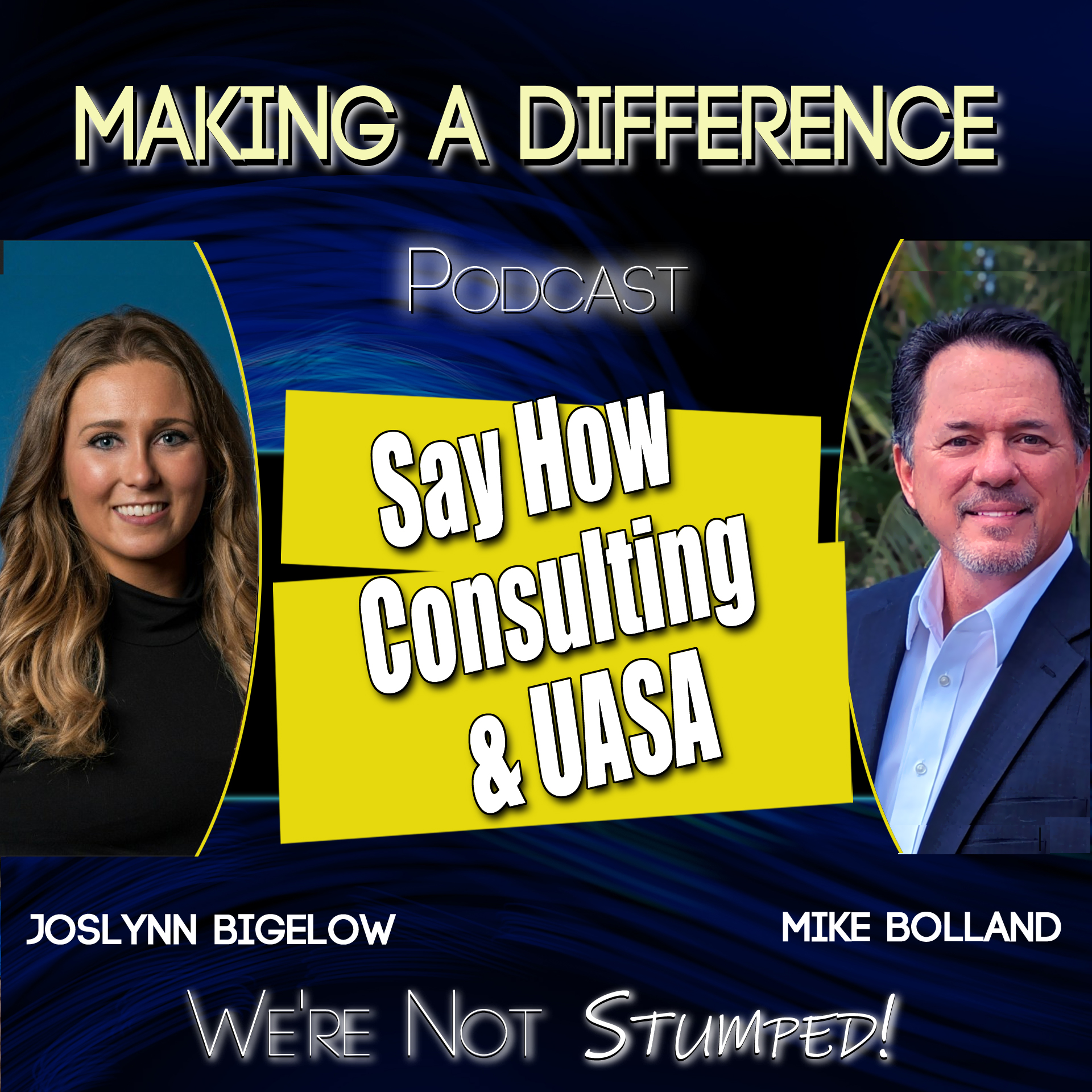
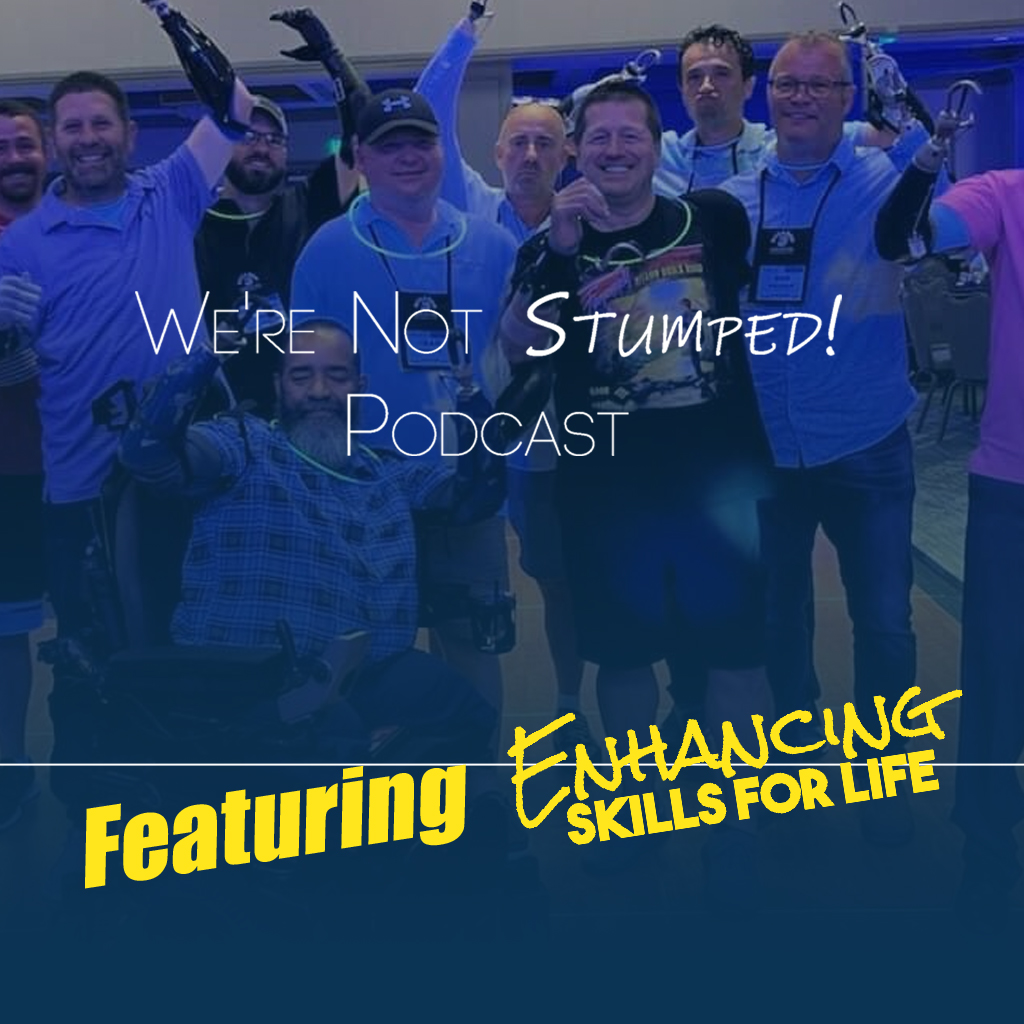
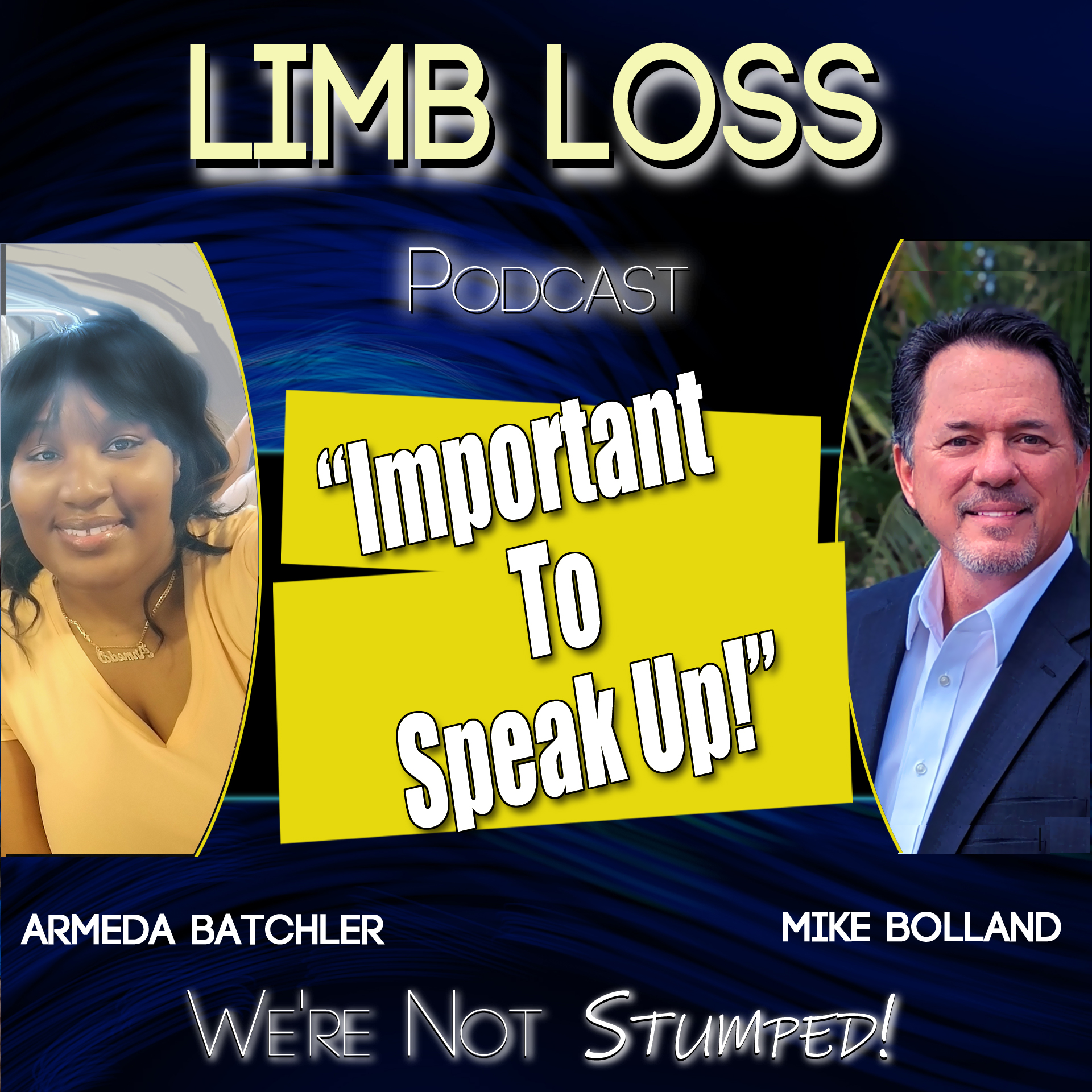
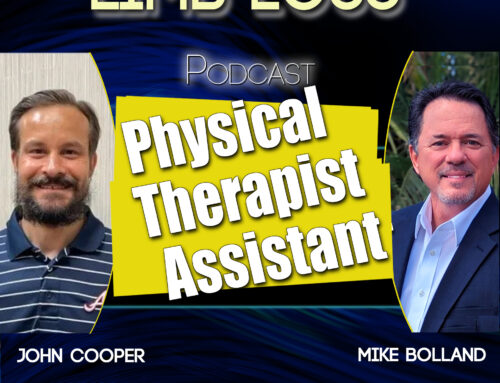
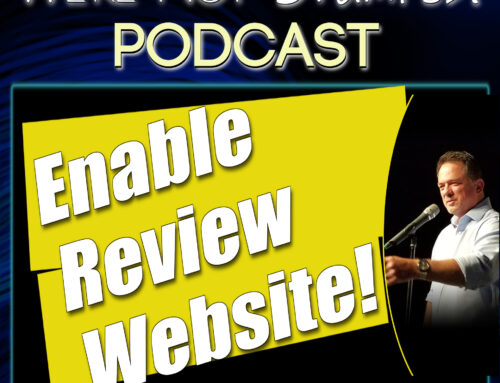
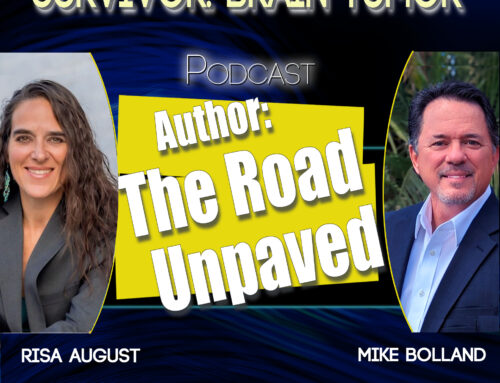
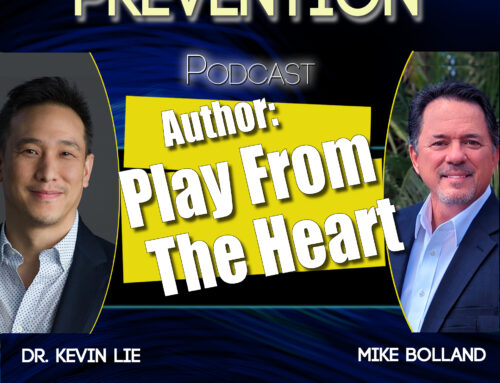
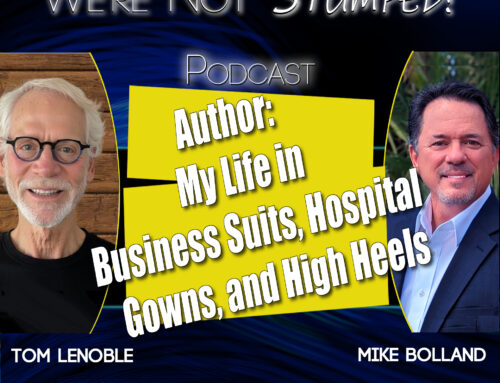
Leave A Comment